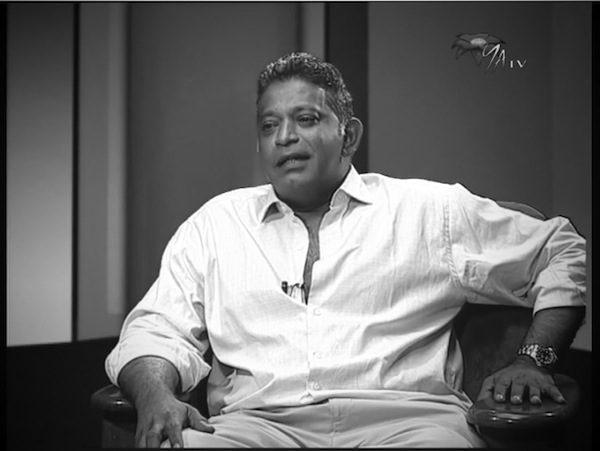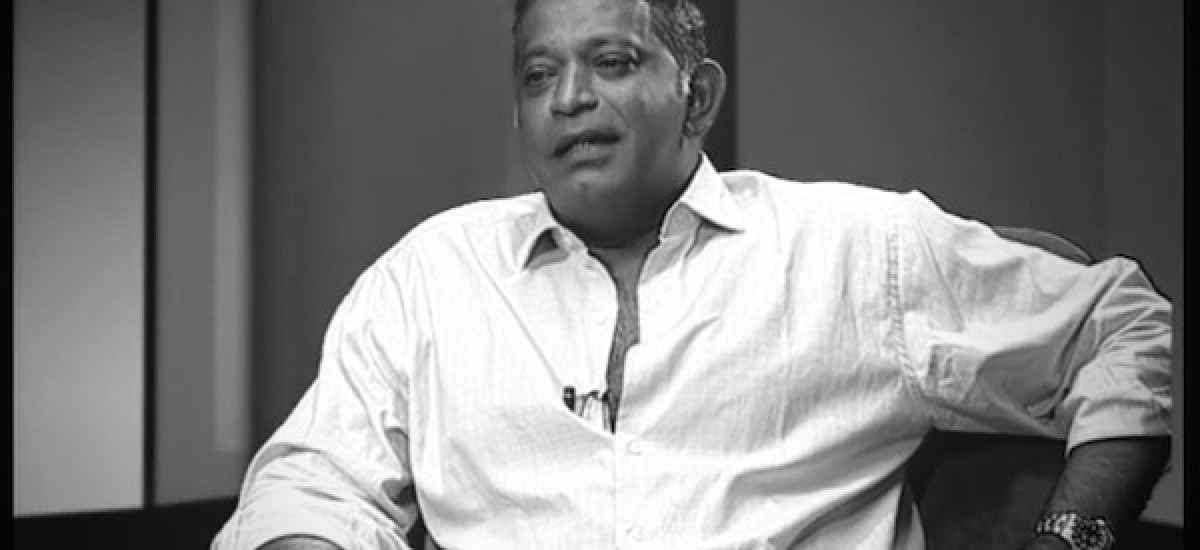
Almost one year ago, Groundviews first featured an interview with Dr. Paikiasothy Saravanamuttu. At the time, just after the parliamentary elections leading from the decisive presidential election, the government was riding a wave of popular support. In the year that passed, from the reprehensible 18th Amendment and grotesque examples of the government’s wastefulness, democratic governance that instead of improvement and progress, shows decline and decrepitude.
The recipient of the first Citizens Peace Award, Dr. Saravanamuttu (Sara), the Executive Director of the Centre for Policy Alternatives (the institutional base of this site), in this interview speaks about the enduring challenges facing democracy and human rights in Sri Lanka, nearly two years after the end of war. The conversation begins with an excerpt from Sara’s acceptance speech at the Citizens Peace Award, and a question as to why so very few listen to him in Sri Lanka today, and worse, care to know about that which he flags. Going beyond a simplistic championing of a Mahgreb model for political change in Sri Lanka, Sara explores why even with illiberal governance, so few are willing to rise up for their rights, even after the end of war. This line of questioning leads us to explore whether despite participating in regular elections, many in Sri Lanka are actually more voters than citizens.
Sara is asked as to what he sees as the positive development in the country over the past year, and what he feels are those areas of governance and development that have been the most neglected. Sara touches on what he sees is an enduring fear psychosis that prevents a more open, public debate about issues related to accountability and reconciliation.
Responding to recent frothing palaver in mainstream media and especially the State media over funding NGOs have received, Sara notes that given the repetitive public airing of these concerns over many years, particularly during election campaigns and when international scrutiny on government is most focussed and direct, people would soon begin to wonder why government was not doing anything about it.
Looking at the macro-economic as well as the key political currents in Sri Lanka, Sara flags a future scenario where questions will be increasingly asked of government as to why a richer economic dividend is not forthcoming, and that government in turn will find it increasingly harder to hark back to its war time achievements to gloss over, post-war, its inglorious hash of foreign and economic policies.
Towards the end, Sara answers a question as to whether he is too impatient with Sri Lanka’s progress post-war, and whether it is too much, too soon to ask for government and governance to be different to what is was during war.

